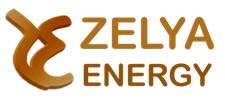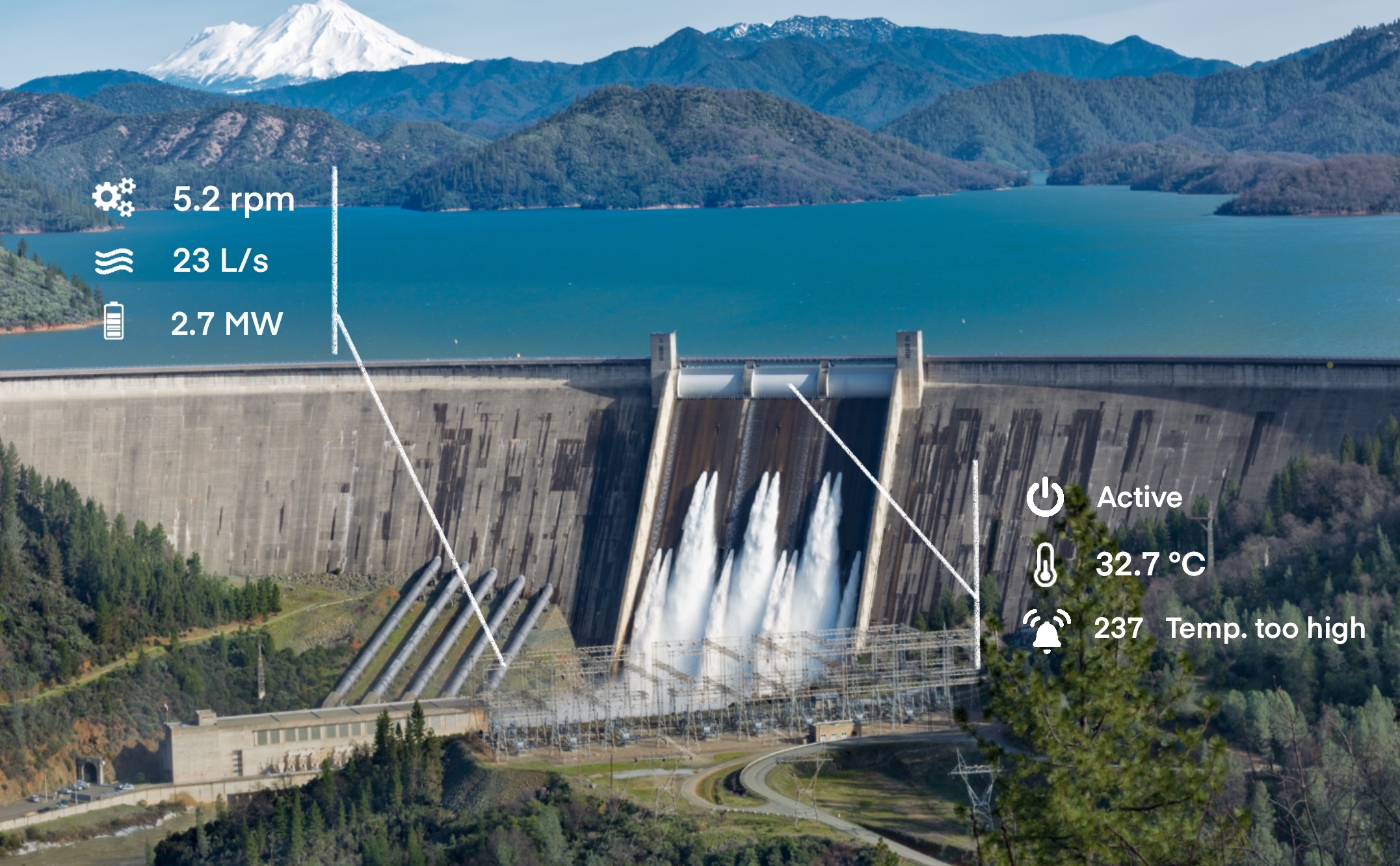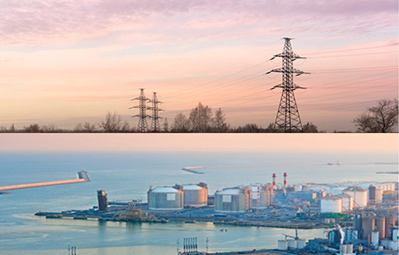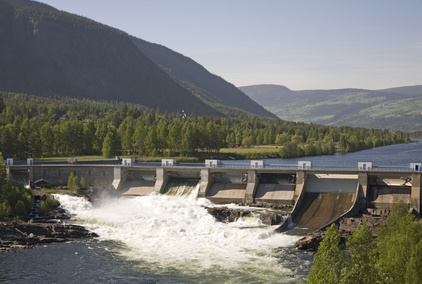The law introducing the new organization of the electricity market (NOME) was enacted on December 8, 2010. It established regulated access for alternative suppliers to electricity generated by EDF’s nuclear power plants (ARENH). This mechanism is based on three pillars: a guaranteed maximum volume of nuclear electricity available to suppliers; the adjustment of regulated retail electricity tariffs; and an ARENH price that reflects the economic conditions of nuclear power generation.
Challenges and objectives of the ARENH price
The third pillar is particularly crucial: the ARENH price must not be set too high compared to nuclear generation costs (which would disadvantage suppliers), nor too low (which would penalize the producer, EDF). The issue is essentially one of ensuring a “fair” distribution of margin (often referred to as the “nuclear rent”) between the producer and suppliers.
To ensure EDF is fairly compensated while providing alternative suppliers with economic conditions equivalent to those EDF enjoys from its historical nuclear fleet, the law requires that the ARENH price reflect the actual economic costs of nuclear power generation over the full duration of the mechanism.
In short, the ARENH price must capture the full costs of the French nuclear fleet.
How are the full costs of nuclear power defined?
The NOME law stipulates that these full costs include:
- Capital remuneration, reflecting the nature of the activity;
- Operating expenses;
- Maintenance and investment costs necessary to extend the operating life of the plants;
- Forecast costs related to long-term obligations borne by nuclear operators.
The ministers responsible for setting the ARENH price fixed it at:
- €40/MWh from July 1, 2011, to maintain stable electricity costs for industrial consumers;
- €42/MWh from January 1, 2012.
This moderate increase was intended, from a cautious perspective, to allow EDF to finance necessary safety investments—whose scope and timing had become highly uncertain in the wake of the Fukushima nuclear accident in Japan.
Outlook
Some parameters, such as decommissioning costs, remain difficult to assess, highlighting the challenges of objectively calculating and verifying the full costs of the French nuclear fleet. As a result, some alternative suppliers argue that the ARENH price is €5 to €7/MWh higher than the actual cost. EDF, conversely, maintains that this price level represents the bare minimum required to cover its obligations.
It is worth noting that several alternative approaches could have been considered instead of the ARENH system:
- Assigning the operation of certain nuclear plants to other operators who are also electricity suppliers;
- Phasing out regulated electricity tariffs altogether;
- Taxing nuclear rent directly, with the proceeds used to reduce electricity bills for end consumers supplied by operators without nuclear access.






